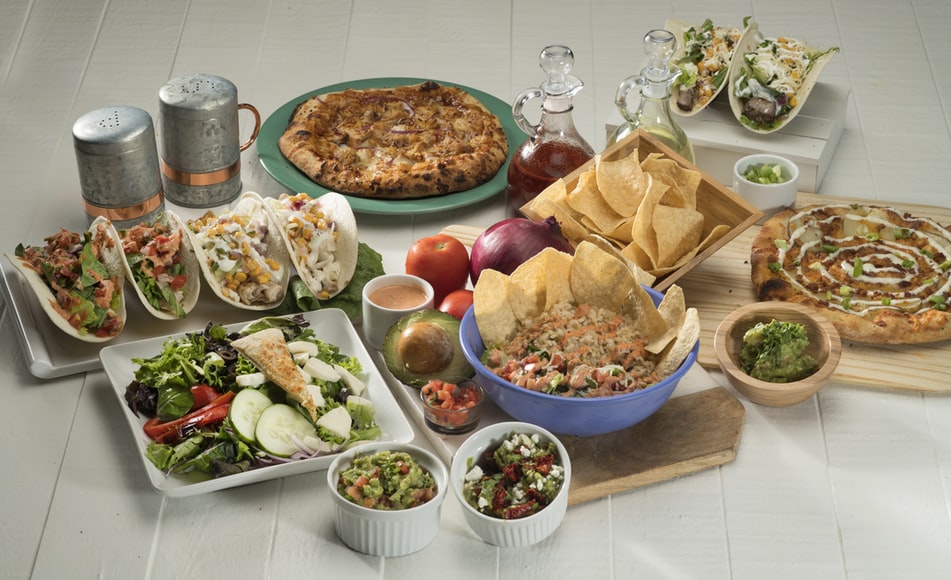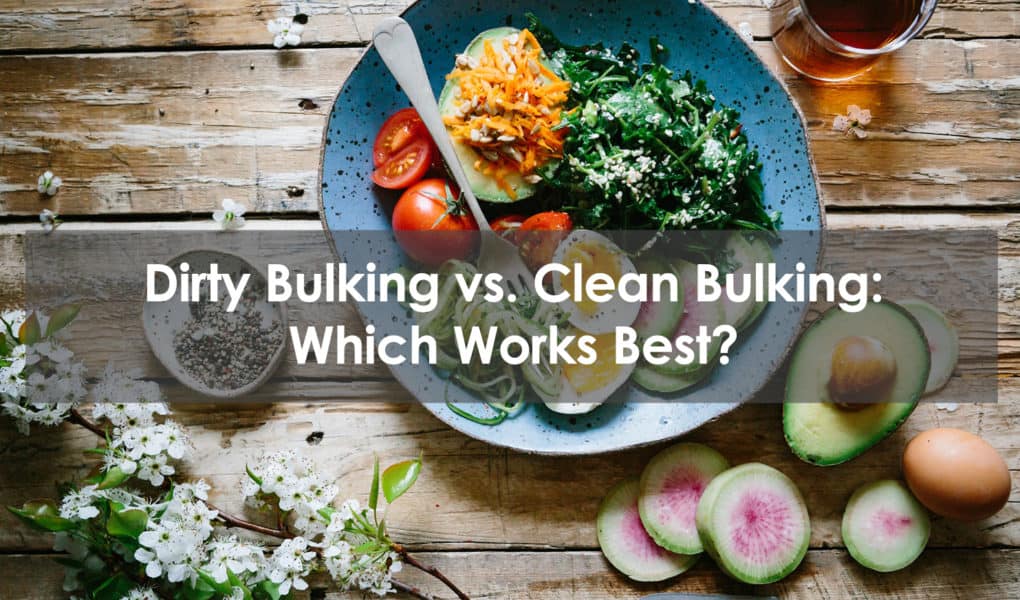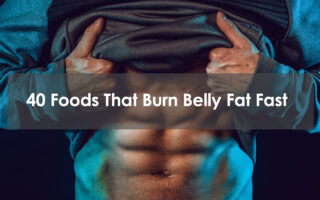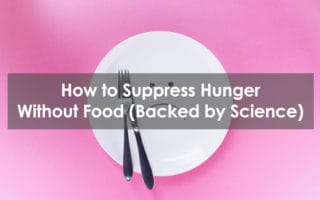Increasing muscle mass and achieving weight gains can only be achieved through certain means, such as eating extra calories and lifting heavier weights. However, there are different approaches to muscle gains that are typically split into two; dirty bulking and clean bulking.
Dirty bulking involves eating calorie-dense food that is convenient (even junk food) to hit excess calories goals whereas a clean bulk sees you eating more clean foods. A dirty bulking diet is a lot easier to follow, however, it is also likely to result in more fat gain. Clean bulking is more restrictive but it isn’t as damaging to your overall health.
Let’s look at both forms of bulking in more detail and how they might benefit your gains.
Dirty bulking
At its core, dirty bulking is the pursuit of weight gains by pretty much any means necessary. There is not much concern for how much fat is gained as the focus is on always being in a calorie surplus (consuming more calories per day than you are burning).
The type of food being consumed doesn’t matter too much, so long as it has plenty of calories. This is why sugary foods and fast food are often consumed by those on a dirty bulk, as they’re a convenient (and enjoyable) way of hitting daily calories goals.
Pros of Dirty Bulking
As mentioned, the main benefit of dirty bulks is that they are far easier to execute. Introducing an increase in calories every day can be challenging, particularly if you are trying to avoid unwanted fat gain, but dirty bulks make this caloric surplus much easier to achieve.
This also makes the whole process a lot simpler, as there is less need to track macronutrients and develop a detailed meal plan every week. Portion sizes are also much less of a concern and, let’s face it, dirty foods taste a lot better.
This approach to weight gain is proven to help increase muscle size, provided appropriate levels of weightlifting are maintained alongside the dirty bulk diet.
Cons of Dirty Bulking

As you are eating less clean foods and just focusing on consuming additional calories, dirty bulks can lead to health issues, especially if maintained for a long period of time. There is likely to be excess fat gain, which can have an impact on your blood pressure and cardiovascular health.
Calorie-rich foods are also more likely to be processed and these have several negative health effects. Plus, moving beyond a healthy weight will put extra pressure on your joints and bones. You might also not be supplying your body with the nutrients and vitamins it needs to function healthily.
Clean bulking
A clean bulk requires more planning and discipline, as the caloric surplus needs to come from clean foods that prevent excess fat gain. So, the focus is not purely the volume caloric intake, but also the quality of the food being eaten.
A clean bulking diet will usually consist of plenty of whole grains, clean proteins, and lots of fruit and vegetables. Macronutrients (protein, carbohydrates, and fats) are also closely monitored to minimize fat gain.
Pros of Clean Bulking
Consuming lots of nutritious foods has many health benefits and can help fight against things like chronic disease and the degradation of your digestive health, meaning a clean bulk is a more sustainable way of increasing your body weight per week.
Also, a clean bulk is far more likely to include plenty of protein – high-quality protein, at that – which is essential in the process of building muscle. Protein creates the building blocks for your muscles and high amounts of protein help create an effective bulk.
A clean bulking approach helps promote the growth of lean muscle tissue as opposed to fat and, for some, this is an important aesthetic consideration. There will be more definition to your muscles and body overall.
Cons of Clean Bulking

A clean bulk is undeniably more intensive and demanding, especially over an extended period of time. In order to achieve lean bulking, as it’s sometimes referred to, you need to closely monitor everything you are eating to ensure you are minimizing fat gain while still hitting your caloric intake targets.
Some people become too preoccupied with this and are too restrictive on themselves in terms of what they’re eating, which leads to weight loss – the opposite of bulking. So, clean bulks are more time-consuming and they’re usually more expensive. Unprocessed foods don’t last as long, so need to be eaten quicker, and whole foods generally cost more than ‘dirty foods’.
Final Thoughts
Dirty bulking and clean bulking are both effective ways of increasing muscle mass and building size. They both involve consuming more calories than you’re burning, but their approaches are different. Which one you choose is a personal choice; dirty bulks are easier to follow but come with more risks, whereas clean bulks require more time and attention but can benefit your overall health.
Whatever option you choose, it’s important to go into the bulking phase with a clear plan and, preferably, a timeframe for how long it will last.
Frequenlty Asked Questions
Is dirty bulking faster?
In theory, neither process is faster than the other because your gains in size and weight come from the number of calories you’re consuming. However, it is usually easier to hit these caloric targets during a dirty bulk, as you are less restricted in what you can eat. This can mean that you’ll gain weight faster through dirty bulking, though some of that weight will be fat, rather than muscle.
Can you eat unhealthy when bulking?
Dirty bulks allow more room for more unhealthy foods, whereas clean bulking pretty much rules these out altogether. That being said, it’s still important to maintain a balanced diet, even when dirty bulking, as your body still has nutritional needs and you don’t want to do any long-lasting damage to it.







